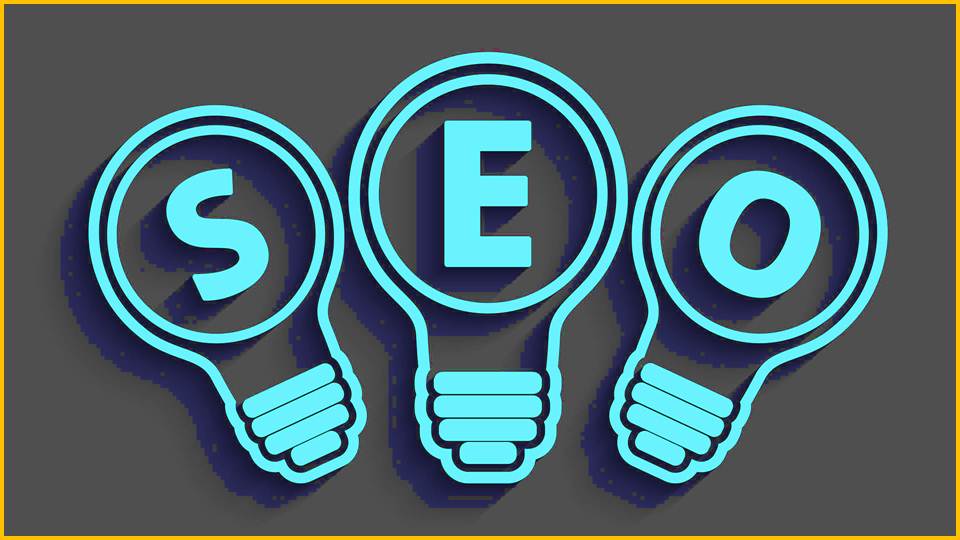Is SEO worth the long-term investment? That question, along with subtle variations, has been asked constantly over the past half-decade as companies weigh results against time and money invested. As a top digital marketing company, we can understand this perspective as SEO results can sometimes be difficult to quantify without an adequate analytical assessment.
Today, we wanted to enter into the discussion about the long-term value of SEO and why we think it has become a necessity to remain competitive in the current online environment. While SEO is not a magic pill or wish genius, it can offer quite a lot of measurable value when approached from the right perspective.
What can SEO do for you ?
Gone are the days of guesswork, hopes and dreams when it comes to SEO. While there is a degree of unfamiliarity with dealing with Google and their mystery about exactly how their algorithm works, there is enough information available to consider SEO more along the lines of a science.
What is SEO? In a nutshell: SEO is an indirect factor that can create new revenue opportunities. Is it a strong indirect factor? If done right, it certainly is. However, it is not a guaranteed way to generate new income, which is why some people question the usefulness and value of a long-term investment.
The goal of SEO is to drive organic traffic to your website. This is done in a combination of ways to rank a website higher in search engine results. Common aspects of core SEO are creating high-quality content with keywords, using keywords on web pages, or using backlinks to drive traffic and generate more authority. There are also technical aspects of SEO such as focusing on website speed and overall user experience as these are now ranking factors.
However, after SEO reaches its goal, the rest of the comparison will be on your website, products, and services. The website must be able to catch the incoming traffic, provide customers what they are looking for and lead them to a conversion. If your website has poor design, lacks call-to-action, or your company has poor reviews, the amount of organic traffic generated just doesn’t matter.
What is the difference between organic and paid traffic ?
Organic traffic is generated through search engine optimization (SEO). Users simply type search terms into a search engine and then select a site from the results. In general, organic traffic also includes people who follow backlinks from other locations or follow links from social media sites.
Paid traffic, on the other hand, are ads that are bought to drive traffic to your site. There are two main differences between traffic types:
Speed - Paid traffic is obtained much faster. You buy ads and they are directly in front of potential customers. SEO, on the other hand, takes a while to get the best possible results, because you have to build up to the highest rankings.
Quality – As people trust ads less and less, SEO tends to lead a higher quality visitor to your site. By this we mean that they will be more receptive to your products or services. The organic visitor was looking for something and not only typed a search string, but then looked at the headings and fragments in the results before selecting a site. Paid ads are often bypassed for the best organic results because they are considered more reliable. That trust then follows a customer to your site where your website has earned its placement and didn’t have to buy it.
The other major difference between organic and paid traffic is the cost. SEO is usually much more cost effective compared to buying ads and pay per click (PPC). SEO is not free, but while an up-front investment is associated with SEO, it should be thought of as building a new store or launching a new product line. You invest in an asset (your website) by developing content and the site that will take something as long as your business is online.
That investment can be directly related to results by comparing running costs to the number of searches, click-through rate, conversions, and earnings.
If you have the space in your marketing budget, SEO is worth the long-term investment and it’s one that should start sooner rather than later. Time is an important concept in SEO. Apart from the time you spend setting it up, the more time your SEO works for you, the greater the results will be.




